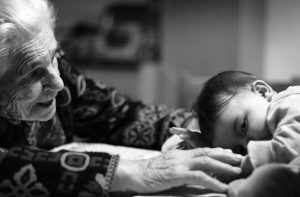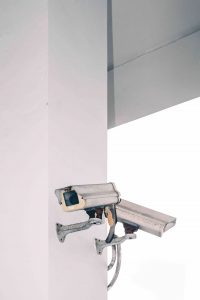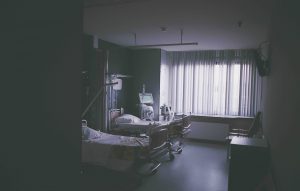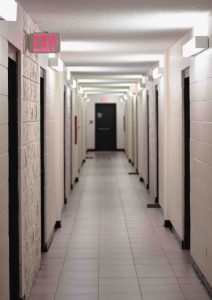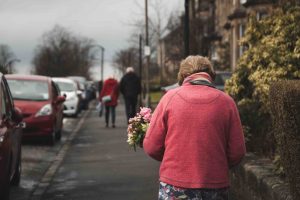Nursing homes in Riverside County and throughout California and the country are facing lawsuits related to COVID-19 infections and deaths among residents. Many nursing homes are arguing that they could not have taken any additional steps to prevent the spread of the coronavirus, yet skilled nursing facilities are required to have particular infection-control measures in place.
In fact, in early April, the Centers for Medicare & Medicaid Services issued guidance to nursing homes and other long-term care facilities about the types of infection-control methods that would be necessary “to keep patients and residents safe.” The guidance helps to provide clarity for the types of actions (or inactions) for which a nursing home or assisted-living facility may be liable if a patient contracts COVID-19 and suffers a serious infection or dies as a result of that infection.
Actions to Prevent the Spread of COVID-19 at Nursing Homes and Assisted-Living Facilities
 California Nursing Home Abuse Lawyer Blog
California Nursing Home Abuse Lawyer Blog




